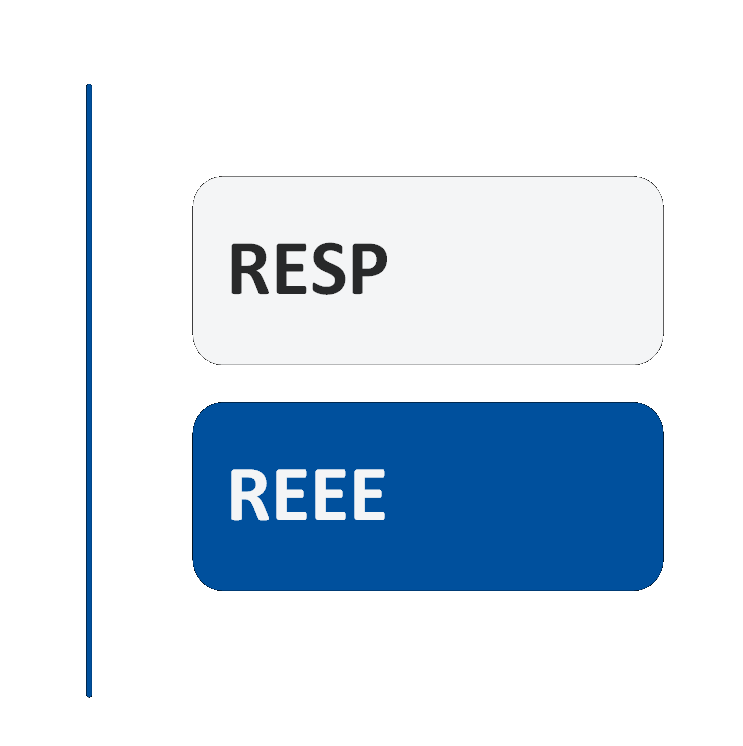Other Considerations
Qualified Investments for RESPs
Qualified Investments are investments permitted in Registered Education Savings Plans (RESPs). Non-Qualified Investments are subject to special tax.
Read MoreWhat is a post-secondary educational institution?
What is a post-secondary educational institution for the purposes of an education assistance payment (EAP)?
Read MoreAdjusted Family Net Income
Adjusted family net income is family net income [line 23600 for individual, plus spouse/common-law partner, if applicable] minus Universal child care benefit (UCCB) and Registered Disability Savings Plan (RDSP) income plus UCCB and RDSP repayment.
Read MoreWhat can an RESP be used for?
An RESP can be used for tuition and many education-related expenses.
Read MoreTax Credits for Students
Students may be eligible for tax credits even if there is no income. Common refundable tax credits for students include: Canada training credit, tuition, education, and textbook amounts.
Read MoreEstate Planning
In the context of both family law and bankruptcy proceedings, an RESP has been found to be an asset of the adult subscriber and not that of the child for whose benefit the RESP is intended.
Read MoreNon-Residents & RESPs
If an RESP subscriber or beneficiary is (or will become) a non-resident, there may be some Canadian tax consequences, as well as tax consequences in the foreign jurisdiction.
Read MoreCreditor Protection
Money held in an RESP is generally not protected against creditors of the subscriber.
Read MoreCanada Learning Bond for Adults
Adults can also open RESPs for themselves. Adults born in 2004 or later may also receive the CLB for themselves until the age of 21.
Read MoreRESP Tax Implications
RESPs are registered accounts that permit tax-free investment growth, however, there may be tax implications on withdrawals.
Read More